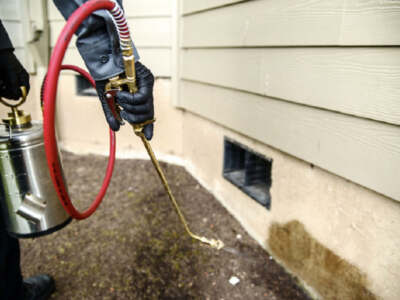If you want your teeth and gums to be healthy, you must practice good oral hygiene. Many people believe they are and wonder why the dentist finds problems during their regular checkups. It may be they are using the wrong products or techniques. The following tips will help to improve your oral health.
Brushing the Teeth
Brush with a soft-bristled toothbrush for at least two minutes morning and night, paying extra attention to the gumline and areas between teeth. Gently brush your tongue to remove bacteria. Replace your toothbrush every three to four months or when the bristles become frayed. Avoid brushing too hard, which can damage enamel and irritate gums. When you need to see a dentist for a regular checkup, ask for recommendations on a toothbrush based on what is seen during this visit.
Floss Every Day
Floss daily to remove plaque and food particles between teeth and just below the gumline that a toothbrush can’t reach. Gently move the floss up and down between each tooth, curving it around the base to lift debris away. Don’t snap or force the floss, which can cut gums. Use a water flosser or dental picks if you struggle to floss the teeth and get into tight spots.
Mouthwash Helps Rid the Mouth of Germs
Use an antibacterial mouthwash once or twice a day to kill germs that cause plaque buildup, bad breath, and gum disease. Swish the mouthwash around for 30 seconds or as directed on the label. Choose a formula without alcohol, which can dry out the mouth.
Watch What Goes in the Mouth
Limit sugary and acidic foods and beverages that can lead to cavities. If you do consume them, brush or at least rinse the mouth with water afterward. Drink plenty of water throughout the day to produce saliva, which washes away bacteria. Chew sugar-free gum to stimulate saliva flow.
Regular Visits to the Dentist
See a dentist every six months for a professional cleaning and oral exam. The dentist can remove stubborn tartar buildup, detect issues early, and give the teeth a polished look and feel. Be sure to alert the dentist to any oral health changes or concerns.
Wear a Mouthguard
Protect the teeth from injury by wearing a mouthguard during contact sports and avoiding hard foods that may crack teeth. Don’t chew on pens or ice, which can damage enamel. Stop habits like nail biting and teeth grinding that put excess force on teeth.
Lifestyle Changes
Quit smoking and limit alcohol, as these contribute to gum recession and oral cancer. Eat a balanced diet low in sugary treats but high in tooth-strengthening calcium and phosphates. Drink water every day for better oral health.
With diligent daily oral care and regular dental visits, you can keep the teeth strong and the gums firm and healthy. Avoiding risk factors while sticking to good hygiene practices will lead to an attractive, fresh smile for years to come. Make oral health a priority now and you’ll reap the benefits for a lifetime.
Additionally, pay attention to any signs of oral health problems and address them early. Red, swollen, or bleeding gums could indicate gingivitis. Sensitive teeth may be a symptom of decay or cracks. White or red patches in the mouth could be early signs of cancer. If you experience chronic bad breath or loose teeth, see the dentist right away. Stay on top of your oral health and avoid more significant issues down the road.














Comments